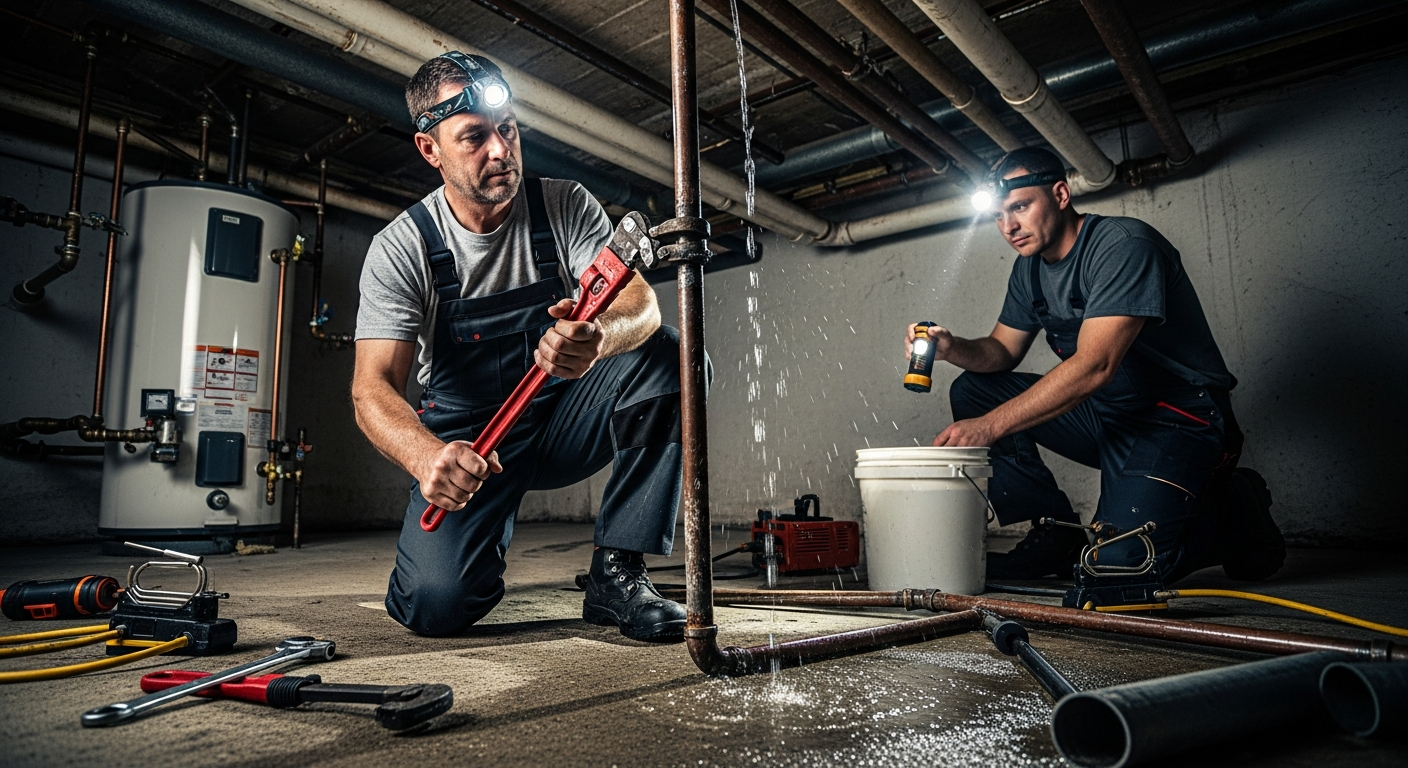Repossessed Home Auctions in the UK: What You Need to Know
Repossessed home auctions offer buyers a unique opportunity to purchase property at reduced prices. When homeowners fail to repay their debts, their homes can be repossessed and put up for auction. These auctions are conducted by both private companies and public institutions.

When mortgage holders fall behind on payments, lenders may repossess properties to recover outstanding debts. These repossessed homes often end up at auction, creating opportunities for buyers seeking properties below market value. However, purchasing at auction requires careful preparation, substantial research, and immediate financial commitment.
How Do Repossessed Home Auctions Work?
Repossessed home auctions follow a structured legal process in the UK. Once a lender obtains a possession order through the courts, they typically instruct auction houses to sell the property. The auction process begins with marketing the property, usually for 3-4 weeks before the sale date. Potential buyers can arrange viewings, though these are often limited and the property is sold with vacant possession.
On auction day, bidding starts at a reserve price set by the seller. Successful bidders must pay a deposit immediately, typically 10% of the purchase price, with the remainder due within 28 days. This creates a legally binding contract with no cooling-off period, making preparation crucial.
Advantages of Buying at Auction
Auction purchases offer several potential benefits for informed buyers. Properties often sell below market value, as lenders prioritize quick sales over maximum returns. The transparent bidding process ensures fair competition, and successful purchases complete relatively quickly compared to traditional property transactions.
Buyers also benefit from certainty once the hammer falls. Unlike private sales, there’s no risk of gazumping or chains collapsing. The legal pack, available before the auction, provides comprehensive property information including searches, title deeds, and any known issues.
Auction houses typically provide detailed property information, allowing buyers to assess potential renovation costs and planning restrictions beforehand. This transparency helps informed decision-making, though it requires thorough preparation.
What to Consider Before Buying
Successful auction buying requires extensive preparation and careful consideration of multiple factors. Buyers should arrange finance in advance, as mortgage applications can take weeks to process. Many lenders require specific auction finance products, which may carry higher interest rates than standard mortgages.
Property surveys are essential but challenging, as access for detailed inspections may be limited. Buyers should budget for potential structural issues, as repossessed properties may have been neglected. Legal costs, auction fees, and immediate deposit requirements add to the overall expense.
Location research is crucial, including local property values, development plans, and rental yields if buying for investment. Understanding the local market helps determine realistic bidding limits and potential resale values.
| Auction House | Typical Fees | Services Offered |
|---|---|---|
| Allsop | Buyer’s premium 1.2% + VAT | Residential and commercial auctions |
| Barnard Marcus Auctions | Buyer’s premium 1.8% + VAT | London property specialist |
| Clive Emson | Buyer’s premium 1.8% + VAT | Regional coverage across England |
| SDL Auctions | Buyer’s premium 1.8% + VAT | National coverage, multiple venues |
Prices, rates, or cost estimates mentioned in this article are based on the latest available information but may change over time. Independent research is advised before making financial decisions.
Buyers should also consider the emotional aspects of purchasing repossessed properties. These sales often result from personal financial difficulties, and while this doesn’t affect the legal process, some buyers find the circumstances challenging.
Timing is another crucial factor. Auction dates are fixed, and preparation cannot be rushed. Buyers need sufficient time to arrange finance, conduct research, and prepare legal documentation. Missing deadlines can result in lost deposits and legal complications.
Final Preparation Steps
Before attending an auction, buyers should set strict bidding limits based on thorough financial analysis. This includes purchase price, renovation costs, fees, and potential void periods if buying for investment. Emotional bidding often leads to overpaying, negating the potential advantages of auction purchases.
Successful auction buyers typically view multiple properties and attend several auctions before making purchases. This experience helps understand the process, assess competition, and develop realistic expectations about property conditions and values.
Repossessed home auctions can provide excellent opportunities for prepared buyers, but they require significant research, immediate financial commitment, and realistic expectations about property conditions. Success depends on thorough preparation, strict financial discipline, and understanding both the opportunities and risks involved in this specialized property market.




